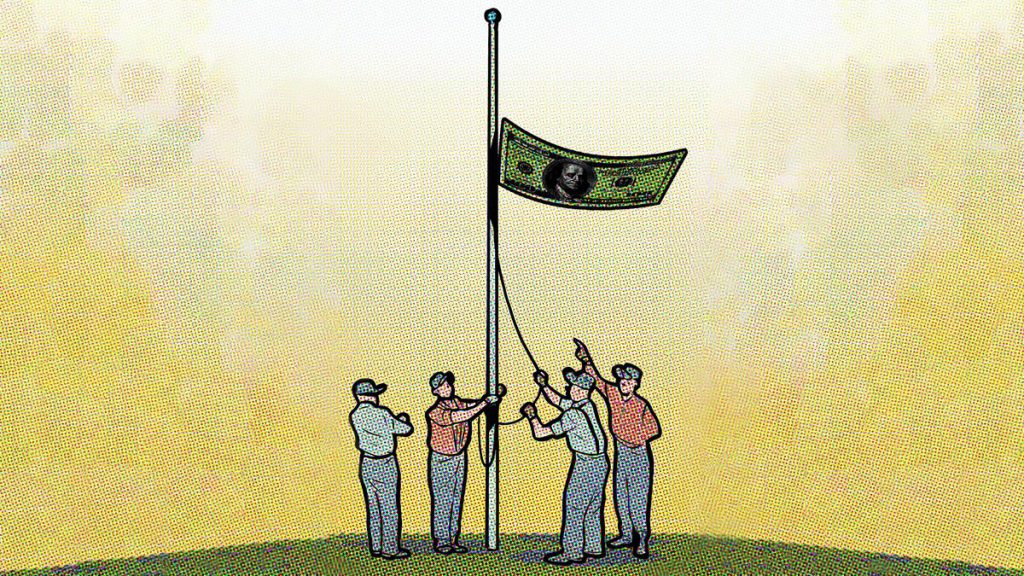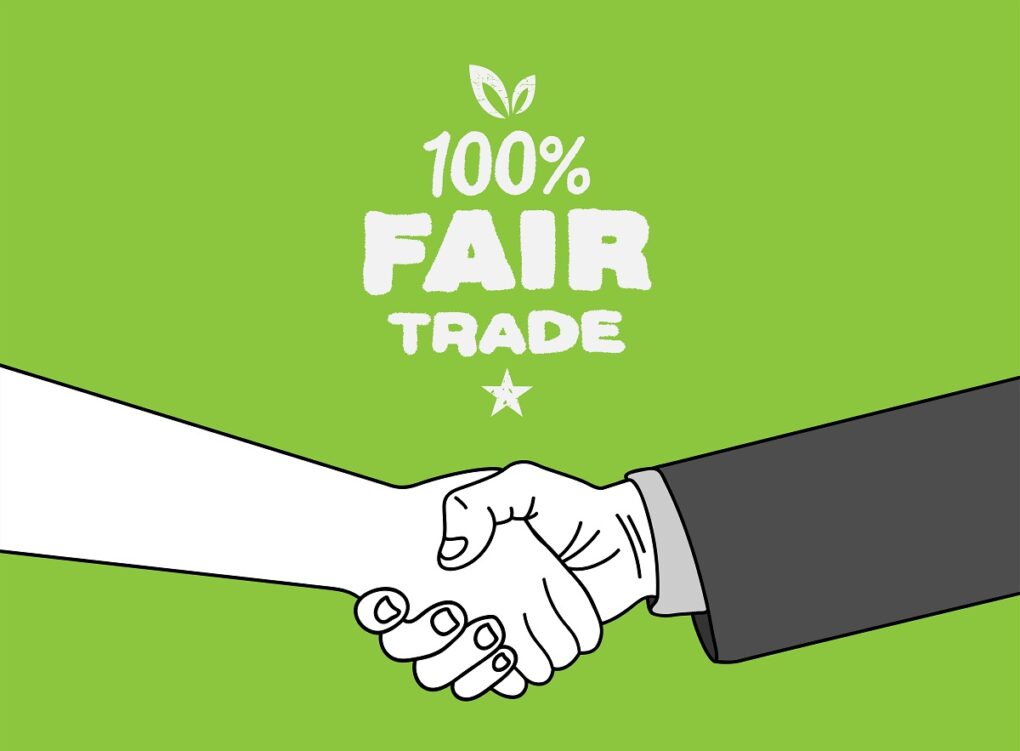
What ethical issues arise when a company decides to build its business in the inner city versus building its business in the suburbs or country?
When a company decides to build its business in the inner city versus building its business in the suburbs or country, several ethical issues arise. One of the primary concerns is the impact on the local economy. Building a business in the inner city can help to revitalize the area and create jobs for local residents. On the other hand, building a business in the suburbs or country can have a negative impact on the local economy as it may lead to urban sprawl and the displacement of local businesses (Porter M., 1995).
Another ethical issue that arises is the impact on the environment. Building a business in the suburbs or country can lead to deforestation, habitat destruction, and increased carbon emissions due to increased transportation needs. On the other hand, building a business in the inner city can lead to increased pollution due to traffic congestion and the need for more energy-intensive infrastructure (Catalano, 2022).
(more…)








